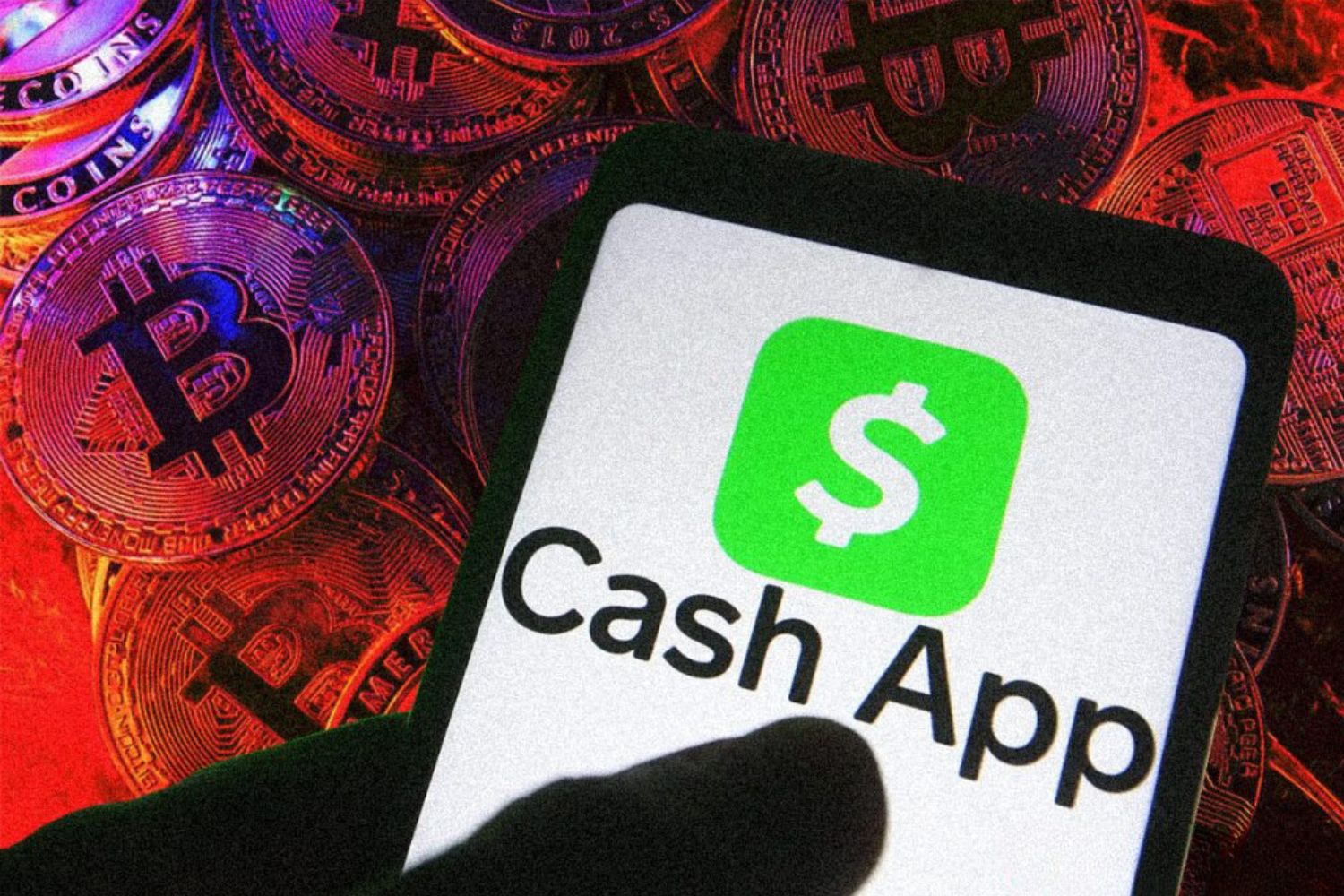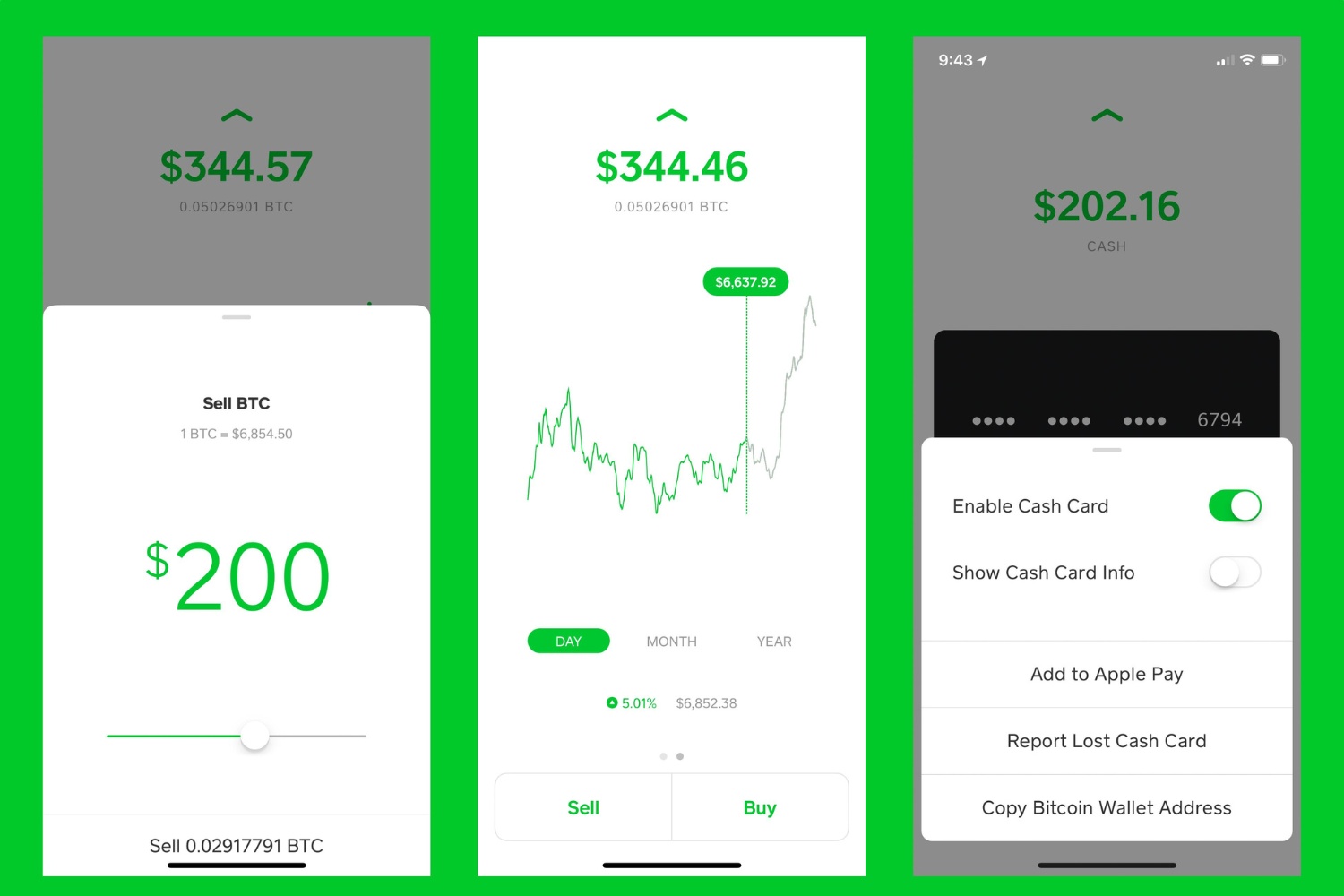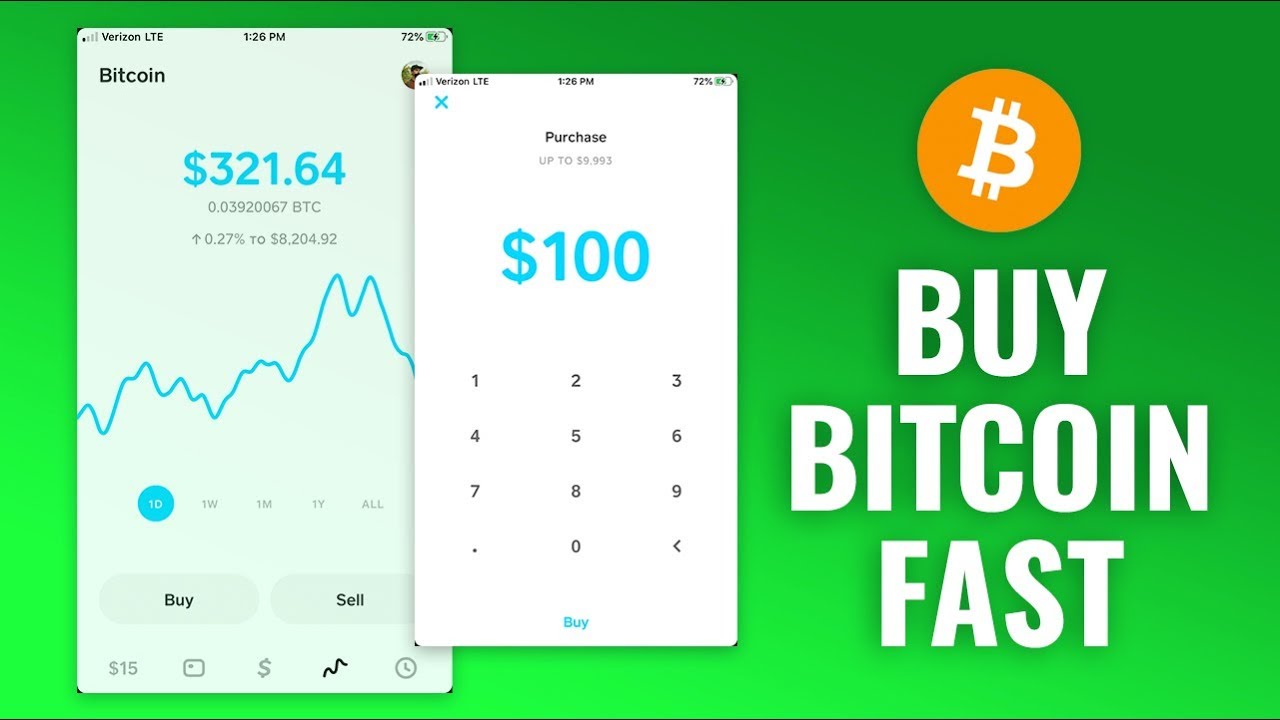Overview of Bitcoin Cash
Bitcoin Cash (BCH) is a cryptocurrency that was created in 2017 as a result of a hard fork from the original Bitcoin (BTC) network. It was designed to address some of the scalability issues faced by Bitcoin, with the aim of enabling faster and more affordable transactions.
One of the main differences between Bitcoin Cash and Bitcoin is their block size. Bitcoin has a maximum block size of 1MB, while Bitcoin Cash has increased its block size limit to 8MB. This means that Bitcoin Cash can handle a higher number of transactions per second and has lower transaction fees compared to Bitcoin.
The creation of Bitcoin Cash came as a response to the growing concerns about the scalability of the Bitcoin network. As more users started to adopt Bitcoin, the network became congested, resulting in slower transaction times and higher fees. Bitcoin Cash aimed to solve this problem by increasing the block size, allowing for more transactions to be processed in each block and reducing congestion.
Bitcoin Cash also introduced a new difficulty adjustment algorithm, known as the Emergency Difficulty Adjustment (EDA), which allows the network to quickly adjust the mining difficulty based on the number of miners. This algorithm ensures that the network remains stable and secure, even in times of fluctuating mining power.
Since its creation, Bitcoin Cash has gained significant traction in the cryptocurrency market. It is widely accepted by various online merchants and payment processors, making it easier for users to spend their Bitcoin Cash. Additionally, several cryptocurrency exchanges support the trading of Bitcoin Cash, making it accessible to a wide range of investors.
Overall, Bitcoin Cash aims to provide a more scalable and efficient version of Bitcoin, offering faster transactions and lower fees. It has gained popularity among users who value these attributes and are looking for an alternative to Bitcoin. However, it is important to note that Bitcoin Cash is a separate cryptocurrency and should not be confused with Bitcoin, despite their shared origins.
The History of Bitcoin Cash
The history of Bitcoin Cash is intertwined with that of Bitcoin. It all began in 2008 when the mysterious person or group known as Satoshi Nakamoto published the Bitcoin whitepaper, proposing a peer-to-peer electronic cash system. Bitcoin was launched in 2009 as the first cryptocurrency, and over time, its popularity grew exponentially.
As Bitcoin gained more users, it started facing scalability issues. The 1MB block size limit imposed by Bitcoin posed limitations on the number of transactions that could be processed, resulting in slower confirmation times and higher fees. This led to a debate within the Bitcoin community regarding the best way to solve the scalability problem.
In the Bitcoin scaling debate, two main factions emerged: those in favor of increasing the block size and those who favored implementing off-chain scaling solutions. The proponents of bigger blocks argued that increasing the block size would directly address the scalability issue, while others believed that off-chain solutions like the Lightning Network would provide a more sustainable solution.
Unable to reach a consensus, the Bitcoin community faced a significant fork in August 2017. This event resulted in the creation of Bitcoin Cash, a cryptocurrency that aimed to increase the block size to 8MB, allowing for more transactions to be processed in each block.
When Bitcoin Cash was first launched, holders of Bitcoin received an equal amount of Bitcoin Cash, a practice commonly referred to as a hard fork. This meant that if you held 1 BTC, you would also receive 1 BCH. This distribution allowed Bitcoin holders to benefit from the creation of Bitcoin Cash.
Since the hard fork, Bitcoin Cash has continued to evolve. It has undergone multiple protocol upgrades to improve its functionality and efficiency. Notably, in 2018, Bitcoin Cash underwent another hard fork, resulting in the creation of Bitcoin SV (Satoshi Vision), led by Craig Wright and Calvin Ayre. This event further diversified the Bitcoin Cash ecosystem.
The history of Bitcoin Cash is marked by its commitment to providing larger block sizes for faster and more affordable transactions. While critics argue that bigger blocks may lead to centralization of the network, supporters believe that it is a necessary step to ensure the mass adoption and long-term success of a peer-to-peer electronic cash system.
Today, Bitcoin Cash remains one of the leading cryptocurrencies in terms of market capitalization and usage. Its journey from a contentious hard fork to an established digital currency highlights the ever-evolving nature of the cryptocurrency space.
Differences between Bitcoin and Bitcoin Cash
While Bitcoin (BTC) and Bitcoin Cash (BCH) share a common origin, there are several key differences between the two cryptocurrencies. These differences primarily stem from the varying approaches they take to address the scalability issue and transaction fees.
1. Block Size:
The most significant difference between Bitcoin and Bitcoin Cash is the block size limit. Bitcoin has a 1MB block size limit, which restricts the number of transactions that can be processed in each block. On the other hand, Bitcoin Cash increased its block size to 8MB, allowing for more transactions to be included in a single block.
2. Transaction Fees:
The larger block size of Bitcoin Cash allows more transactions to be confirmed at once, resulting in lower transaction fees compared to Bitcoin. When the Bitcoin network is congested, transaction fees can rise significantly, making Bitcoin Cash a more cost-effective option for users.
3. Hash Algorithm:
Bitcoin and Bitcoin Cash use different hashing algorithms. Bitcoin uses the SHA-256 (Secure Hash Algorithm) algorithm, while Bitcoin Cash utilizes the SHA-256 with a modified string parameter (SHA-256d). The modified algorithm ensures that the mining power is distributed between Bitcoin and Bitcoin Cash, preventing miners from easily switching between the two networks.
4. Difficulty Adjustment:
The difficulty adjustment mechanism also differs between Bitcoin and Bitcoin Cash. Bitcoin adjusts the mining difficulty every 2016 blocks, approximately every two weeks. Bitcoin Cash, on the other hand, adjusts the difficulty after every block, ensuring a more responsive and stable network even in the face of fluctuating mining power.
5. Ecosystem and Adoption:
The two cryptocurrencies have different levels of ecosystem support and adoption. Bitcoin, being the first cryptocurrency and having been around for a longer time, has a larger user base, wider acceptance, and more established infrastructure. Bitcoin Cash has gained significant adoption as well, with a growing number of online merchants and payment processors accepting it as a form of payment.
6. Philosophical Differences:
There are also philosophical differences between Bitcoin and Bitcoin Cash. Bitcoin Cash proponents argue that the original vision of Bitcoin as a peer-to-peer electronic cash system has been compromised by the limitations imposed on the Bitcoin network. They believe that increasing the block size is a necessary step to ensure Bitcoin’s scalability and usability as digital cash.
Summarizing, the differences between Bitcoin and Bitcoin Cash primarily lie in their block sizes, transaction fees, hashing algorithms, difficulty adjustments, adoption levels, and philosophical perspectives. These differences have led to a distinct user experience and varying levels of support within the cryptocurrency community.
Understanding the Bitcoin Cash Hard Fork
The Bitcoin Cash (BCH) hard fork is a significant event in the cryptocurrency world that resulted in the creation of a new digital currency, separate from the original Bitcoin (BTC) network. A hard fork occurs when there are irreconcilable differences within a blockchain community, leading to a split in the network and the formation of a new blockchain.
The Bitcoin Cash hard fork took place on August 1, 2017, when a group of Bitcoin users and developers decided to increase the block size limit to address the scalability issues faced by the Bitcoin network. This decision was met with resistance from those who believed in implementing off-chain scaling solutions, such as the Lightning Network.
The hard fork resulted in the creation of a new blockchain, Bitcoin Cash, with its own set of rules and protocol. Holders of Bitcoin at the time of the hard fork received an equal amount of Bitcoin Cash, essentially giving them ownership of both cryptocurrencies.
The primary motivation behind the Bitcoin Cash hard fork was to resolve the scalability issues faced by Bitcoin. By increasing the block size limit to 8MB, Bitcoin Cash aimed to increase the network’s transaction capacity and reduce the average transaction fees, making it more suitable for everyday transactions.
One of the key points of contention during the Bitcoin Cash hard fork was the vision for the future of Bitcoin. Supporters of Bitcoin Cash believed that it held true to the original vision laid out in Satoshi Nakamoto’s whitepaper, which envisioned Bitcoin as a peer-to-peer electronic cash system. They argued that increasing the block size was essential for Bitcoin to function as a scalable and efficient digital currency.
Since the creation of Bitcoin Cash, the two cryptocurrencies have followed separate paths. They have distinct blockchains, with different blocks, transaction histories, and communities. Bitcoin and Bitcoin Cash also have different market values, with Bitcoin often maintaining a higher market capitalization compared to Bitcoin Cash.
It is important to note that while Bitcoin and Bitcoin Cash share a common history, they are now separate and independent cryptocurrencies. Transactions made on the Bitcoin network cannot be directly transferred to the Bitcoin Cash network, and vice versa.
Overall, the Bitcoin Cash hard fork was a pivotal moment in the cryptocurrency world that gave rise to a new digital currency aiming to tackle the scalability issues faced by Bitcoin. While the hard fork resulted in the formation of two separate networks, each with its own set of supporters and infrastructure, it also highlighted the ongoing debates and challenges surrounding the future of cryptocurrencies.
The Scalability Issue
The scalability issue is a significant challenge that has plagued Bitcoin (BTC) and many other cryptocurrencies. Essentially, it refers to the technology’s ability to handle increased transaction volume as the user base grows. In the case of Bitcoin, the scalability issue arises from its block size limit and the time it takes to process transactions.
Bitcoin’s original design set a block size limit of 1MB, which restricts the number of transactions that can be included in each block. As the popularity of Bitcoin increased, the network became congested, resulting in longer confirmation times and higher transaction fees. This congestion hindered Bitcoin’s capability to handle large-scale usage as a global peer-to-peer digital currency.
The scalability issue can be better understood by examining Bitcoin’s transaction processing capacity. Bitcoin processes transactions by grouping them into blocks and adding them to the blockchain. Each block contains a fixed number of transactions, and the limited block size of 1MB constraints the number of transactions that can be confirmed within a given time frame, typically around 10 minutes.
As more users join the network and the number of transactions increases, the demand for block space surpasses the supply. This leads to delays in transaction confirmations, longer wait times for users, and higher fees as users compete to have their transactions processed in a timely manner.
To address the scalability issue, different approaches have been proposed and implemented in various cryptocurrencies. One proposed solution is to increase the block size limit, as done by Bitcoin Cash (BCH). By expanding the block size to 8MB, Bitcoin Cash can handle a higher volume of transactions, reducing congestion and lowering transaction fees.
Another approach to scalability is the implementation of second-layer solutions, such as the Lightning Network. The Lightning Network operates on top of the Bitcoin blockchain and allows for off-chain transactions. By opening payment channels between users, the Lightning Network enables faster and cheaper transactions, alleviating some of the congestion on the Bitcoin network.
Other scalability solutions include Segregated Witness (SegWit), which increases the effective block size by separating signature data, and the development of new consensus algorithms, such as Proof-of-Stake (PoS), which offers faster transaction confirmations and improved scalability.
The scalability issue is of critical importance for the long-term viability and adoption of cryptocurrencies. Without efficient scalability solutions, cryptocurrencies may struggle to achieve mainstream usage and face limitations as a viable payment system. Finding the right balance between transaction speed, costs, and security is crucial to ensuring that cryptocurrencies can scale to meet the demands of a global financial system.
Benefits of Bitcoin Cash
Bitcoin Cash (BCH) offers several benefits that differentiate it from other cryptocurrencies, including its predecessor, Bitcoin (BTC). These benefits have contributed to the growing popularity and adoption of Bitcoin Cash in the cryptocurrency market. Let’s explore some of the key advantages of Bitcoin Cash:
1. Scalability:
One of the primary advantages of Bitcoin Cash is its increased block size limit of 8MB. This allows for a higher number of transactions to be processed per block, resulting in faster and more efficient transaction confirmations. The larger block size enables Bitcoin Cash to handle a greater transaction volume, reducing congestion and keeping transaction fees lower compared to Bitcoin.
2. Lower Transaction Fees:
Bitcoin Cash’s larger block size not only promotes scalability but also leads to lower transaction fees. With more transactions can be included in each block, the competition for block space and the associated fees are reduced. As a result, Bitcoin Cash is often regarded as a cost-effective option for transferring value, especially for smaller transactions.
3. Increased Accessibility:
Bitcoin Cash aims to provide a more accessible and user-friendly experience for individuals looking to engage with cryptocurrencies. The lower transaction fees and faster confirmation times make Bitcoin Cash an attractive option for everyday transactions, such as buying goods and services. Additionally, Bitcoin Cash has gained wider acceptance among online merchants and payment processors, making it easier for users to spend their Bitcoin Cash.
4. Commitment to Decentralization:
Bitcoin Cash maintains a strong commitment to decentralized governance and decision-making. By ensuring a diverse and distributed network of miners and promoting wider mining participation, Bitcoin Cash aims to avoid centralization of mining power and maintain the core principles of cryptocurrency.
5. Compatibility and Interoperability:
Bitcoin Cash shares its foundational technology with Bitcoin, enabling seamless compatibility and interoperability between the two cryptocurrencies. This means that Bitcoin holders can easily acquire and hold Bitcoin Cash, and vice versa, allowing for a smooth transition between the two if desired.
6. Innovation and Development:
The Bitcoin Cash community is known for its focus on continuous innovation and development. Improvements, protocol upgrades, and new features are regularly proposed and implemented within the Bitcoin Cash ecosystem. This dedication to innovation contributes to the growth and evolution of the cryptocurrency, enhancing its functionality and expanding its use cases.
Overall, these benefits position Bitcoin Cash as a promising cryptocurrency for individuals seeking a scalable, cost-effective, and accessible digital asset. Its commitment to decentralization, interoperability, and continuous development make it an attractive option for those looking to participate in the world of cryptocurrencies.
How to Get Bitcoin Cash
If you’re interested in acquiring Bitcoin Cash (BCH), there are several methods available. Here are the main ways to get Bitcoin Cash:
1. Cryptocurrency Exchanges:
One of the most common ways to get Bitcoin Cash is through cryptocurrency exchanges. Several reputable exchanges offer BCH trading pairs, allowing you to buy Bitcoin Cash using other cryptocurrencies like Bitcoin (BTC) or fiat currencies like USD or EUR. Some popular exchanges that support Bitcoin Cash include Coinbase, Binance, Kraken, and Bitstamp.
2. Peer-to-Peer (P2P) Trading:
You can also acquire Bitcoin Cash through peer-to-peer trading platforms. These platforms connect buyers and sellers directly, enabling you to purchase Bitcoin Cash from individuals who are willing to sell. LocalBitcoinCash and LocalCryptos are two popular P2P platforms where you can transact with other users and negotiate the terms of the trade.
3. Bitcoin Cash ATMs:
Bitcoin Cash ATMs, or BTMs, are physical machines that allow you to purchase Bitcoin Cash with cash or debit/credit cards. These ATMs work similar to regular ATMs but specifically cater to cryptocurrencies. By locating a Bitcoin Cash ATM near you, you can deposit funds and receive Bitcoin Cash in your digital wallet. Websites and mobile apps such as Coin ATM Radar provide information on the location of Bitcoin Cash ATMs worldwide.
4. Bitcoin Cash Faucets and Airdrops:
Bitcoin Cash faucets and airdrops are alternative methods to acquire small amounts of Bitcoin Cash for free. Faucets are websites that distribute small amounts of Bitcoin Cash to users who complete certain tasks or solve captchas. Airdrops, on the other hand, distribute Bitcoin Cash for free to users who meet specific criteria, such as holding a certain amount of another cryptocurrency.
5. Peer-to-Peer Transactions:
You can obtain Bitcoin Cash by engaging in peer-to-peer transactions with individuals who are willing to sell or trade. Platforms like Reddit, Bitcoin Cash Forums, and social media groups dedicated to cryptocurrencies often facilitate such transactions. However, it’s crucial to exercise caution and verify the credibility of the individual before engaging in any peer-to-peer transactions.
When acquiring Bitcoin Cash, it’s important to have a secure digital wallet ready to store your newly acquired assets. Wallets like Exodus, Atomic Wallet, and the Bitcoin.com Wallet support Bitcoin Cash and provide a safe place to store, send, and receive your BCH.
Remember to conduct proper research, compare exchange rates and fees, and choose reputable platforms or individuals to ensure a smooth and secure experience when acquiring Bitcoin Cash.
Storing and Securing Your Bitcoin Cash
Properly storing and securing your Bitcoin Cash (BCH) is essential to protect your assets from potential theft or loss. Here are some important steps to consider when it comes to storing and securing your Bitcoin Cash:
1. Choose a Secure Wallet:
Selecting a secure digital wallet is crucial for storing your Bitcoin Cash. Consider using a hardware wallet, such as Ledger or Trezor, which offers offline storage and enhanced security features. Software wallets like Exodus, Atomic Wallet, and the Bitcoin.com Wallet are also popular choices. Ensure that the wallet you choose supports Bitcoin Cash and follow the recommended security practices provided by the wallet provider.
2. Backup Your Wallet:
Backup your wallet regularly to protect against accidental loss or hardware failure. Most wallets provide a seed phrase or private key that can be used to restore your wallet in case of such events. It’s essential to store this backup in a safe place and consider keeping multiple copies in different secure locations, such as encrypted external storage devices or offline paper wallets.
3. Enable Two-Factor Authentication (2FA):
Enhance the security of your wallet by enabling two-factor authentication (2FA). This additional layer of security requires you to provide a second form of authentication, such as a code generated by a mobile application or sent via SMS, to access your wallet. 2FA can significantly reduce the risk of unauthorized access to your Bitcoin Cash.
4. Be Wary of Phishing Attempts:
Be cautious of phishing attempts where malicious actors try to trick you into revealing your wallet credentials or personal information. Ensure that you are accessing the correct website or application and avoid clicking on suspicious links or providing sensitive information to unknown sources. Regularly update your wallet software and use anti-malware or antivirus software to protect your devices.
5. Keep Your Wallet Software Updated:
Maintain the security of your wallet by keeping the software and firmware updated. Wallet developers often release updates to fix bugs, introduce new security features, or address vulnerabilities. Regularly check for updates and apply them promptly to ensure that your wallet remains secure against potential threats.
6. Diversify Your Storage Strategies:
Consider diversifying your storage strategies to mitigate the risk of loss. For significant amounts of Bitcoin Cash, using a hardware wallet or offline paper wallets stored in secure locations can provide an extra layer of protection. For smaller amounts or frequent transactions, a software wallet on a trusted device may be more practical.
Remember, the security of your Bitcoin Cash ultimately rests in your hands. By following these best practices for storing and securing your Bitcoin Cash, you can mitigate the risks associated with holding and managing your digital assets.
The Future of Bitcoin Cash
The future of Bitcoin Cash (BCH) holds both opportunities and challenges as it aims to establish itself as a prominent cryptocurrency in the ever-evolving digital landscape.
1. Scalability Solutions:
Bitcoin Cash will continue to focus on addressing the scalability issue and improving transaction speed and cost-effectiveness. Ongoing developments and upgrades in the form of larger block sizes, enhanced difficulty adjustment algorithms, and second-layer solutions like the Lightning Network are expected to further optimize the scalability of Bitcoin Cash.
2. Adoption and Integration:
As Bitcoin Cash gains wider acceptance among merchants and payment processors, its adoption is likely to increase. Enhanced accessibility and improved user experiences will play a key role in attracting users to transact with Bitcoin Cash. Furthermore, integration with existing financial systems and platforms may accelerate its acceptance in mainstream payments and e-commerce.
3. Competition and Differentiation:
Bitcoin Cash will face competition from other cryptocurrencies that offer scalability features or aim to address the same challenges. As the cryptocurrency industry evolves, Bitcoin Cash will need to differentiate itself through technological advancements, user-friendly experiences, and widespread adoption to remain relevant in a highly competitive market.
4. Regulatory Considerations:
The regulatory landscape surrounding cryptocurrencies is still evolving. As governments and regulatory bodies enact laws and regulations, Bitcoin Cash, like other cryptocurrencies, will need to navigate potential legal challenges, ensure compliance, and establish trust and legitimacy within established financial systems.
5. Community and Development:
The Bitcoin Cash community, including developers, miners, and users, will play a crucial role in shaping its future. The community’s ability to sustain a decentralized governance model, encourage innovation, and foster collaboration among stakeholders will determine the continued growth and success of Bitcoin Cash.
6. Technological Advancements:
Advancements in blockchain technology, such as privacy features, cross-chain compatibility, and improved smart contract capabilities, may contribute to the evolution of Bitcoin Cash. Adoption of these advancements could expand its use cases beyond being solely a peer-to-peer electronic cash system.
7. Market Volatility:
Like other cryptocurrencies, Bitcoin Cash will continue to face market volatility. External factors such as macroeconomic conditions, institutional adoption, investor sentiment, and regulatory changes can impact the price and overall market sentiment towards Bitcoin Cash.
Despite these challenges and uncertainties, the future of Bitcoin Cash remains promising. Its commitment to scalability, lower transaction fees, and accessibility positions it as a viable digital currency option. Continued development, adoption, and community engagement will be key factors in shaping its future success in the rapidly evolving cryptocurrency ecosystem.
Conclusion
Bitcoin Cash (BCH) emerged from the desire to address scalability issues faced by Bitcoin (BTC) and provide a more efficient and accessible cryptocurrency. With its larger block size and lower transaction fees, Bitcoin Cash aims to offer faster and more cost-effective transactions, making it suitable for everyday use as digital cash.
Since its creation, Bitcoin Cash has gained traction and established itself as one of the leading cryptocurrencies in terms of market capitalization and adoption. It has garnered support from a diverse community of users, developers, and miners who are committed to the vision of a scalable and user-friendly digital currency.
The future of Bitcoin Cash holds great potential. Continual advancements in scalability solutions, further adoption by merchants and payment processors, and ongoing community development will contribute to its growth and further establish its position in the cryptocurrency market.
However, Bitcoin Cash also faces challenges. The cryptocurrency landscape is competitive, with other cryptocurrencies vying for market share and addressing similar issues. Staying ahead of the curve will require Bitcoin Cash to differentiate itself through technological innovation, seamless user experiences, and widespread adoption.
Regulatory considerations also play a crucial role in shaping the future of Bitcoin Cash. Adapting to changing regulations and establishing compliance within established financial systems will be essential for maintaining trust and legitimacy as the cryptocurrency industry evolves.
As with all cryptocurrencies, market volatility remains a factor that can impact the price and sentiment towards Bitcoin Cash. External forces, such as macroeconomic conditions and regulatory developments, can influence the overall market dynamics, and Bitcoin Cash must navigate these challenges while remaining resilient.
In conclusion, Bitcoin Cash has established itself as a significant player in the cryptocurrency market, providing a scalable and cost-effective alternative to Bitcoin. Its future success will be determined by its ability to adapt to technological advancements, navigate regulatory landscapes, foster community engagement, and stay ahead of market trends. With ongoing advancements and a passionate community, Bitcoin Cash has the potential to advance the vision of a global, peer-to-peer electronic cash system.

























